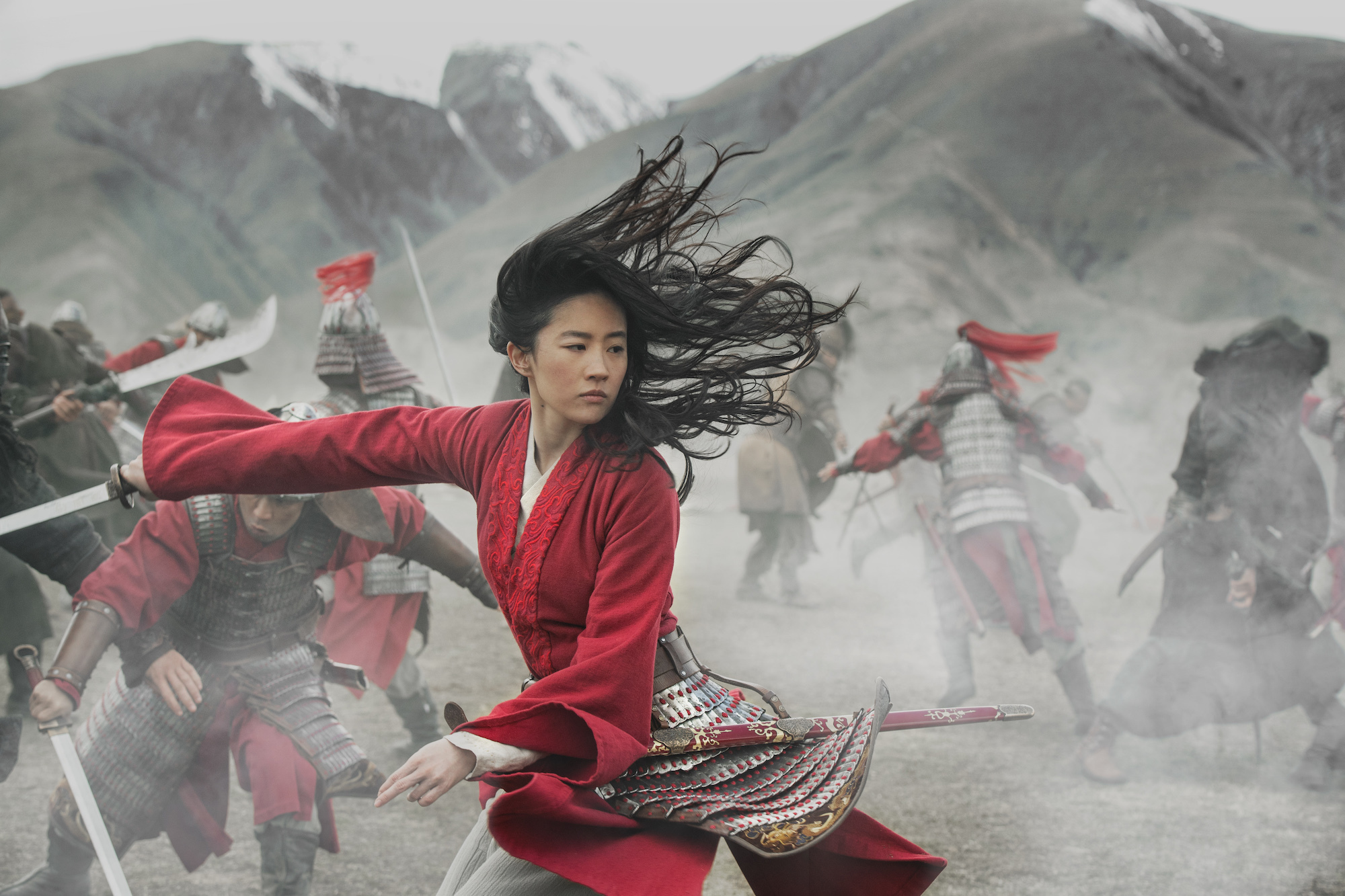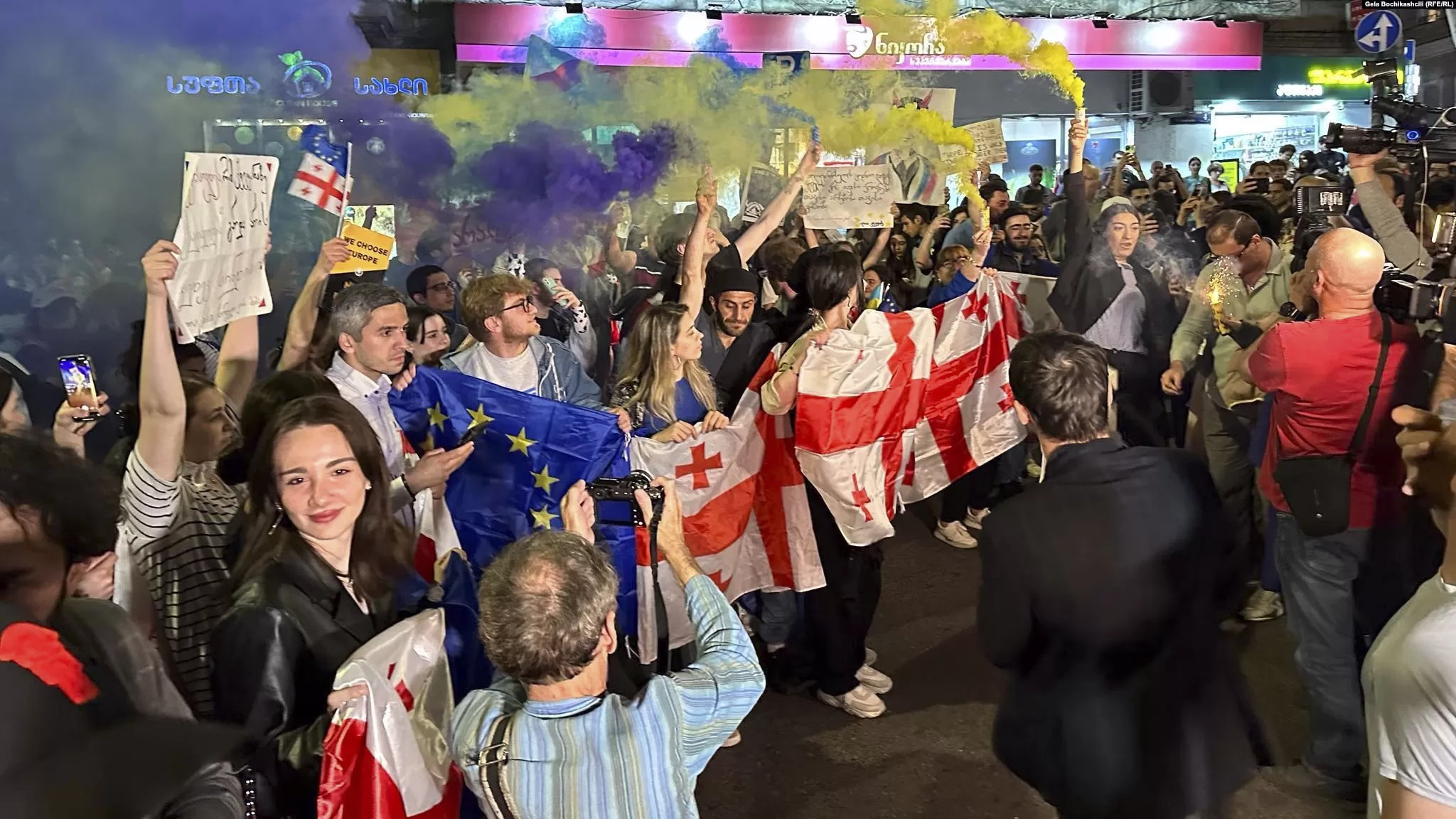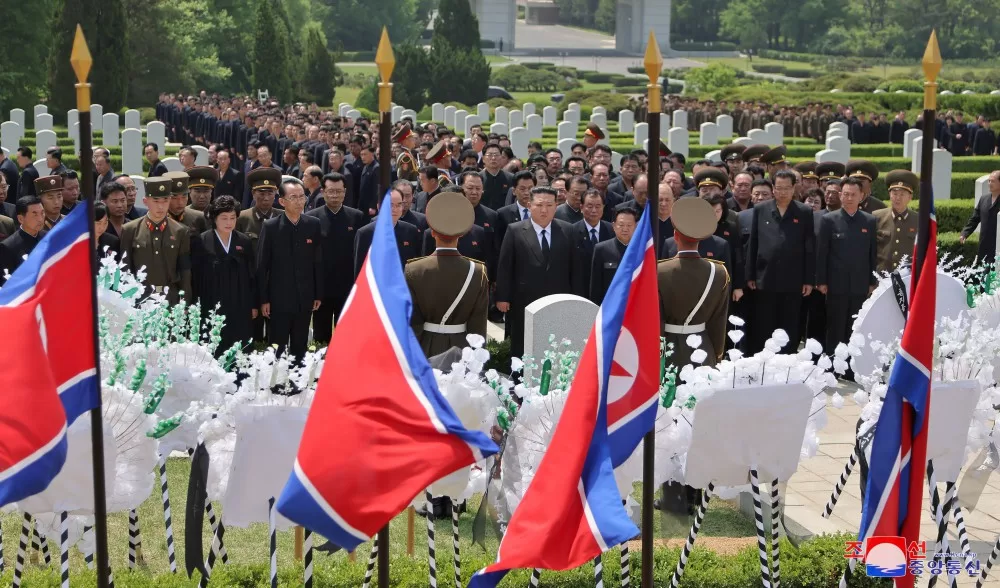One of the things I love about working at Index is the fact that free speech isn’t easy. That every time a new, or even a more established, issue arises you have to think through what it means and how it fits into your own value system.
Should you defend the right of a racist to hide behind their right to free speech? Where is the line between protecting free speech and opposing hate speech?
Free speech underpins our right to protest. However, does that mean if people decide to protest against our free press, that it is legitimate free expression too?
Crucially, if a repressive regime is undermining the right to free speech and attacking every other human right, is a boycott, whether of goods or culture, a legitimate way to protest?
If you believe in the basic human right of free expression – can you and should you boycott? Is your right to protest through boycott or blockades legitimate if the people or items you are boycotting are also simply exercising their right to free speech?
This question has been playing on the team at Index this week.
Every day we discuss what’s happening in China, from the acts of genocide against the Uighur Muslims, to the impact of the national security law in Hong Kong and the latest revelations about the curtailing of human rights in Inner Mongolia.
Every day we despair at what is happening to people who are living under a tyrannical regime that cares little for its citizens and even less for the Universal Declaration of Human Rights.
Which brings me, bizarrely, to the latest Disney film release – Mulan.
Mulan should be an inspirational story, one of a woman whose actions saved a dynasty.
A woman who didn’t want her father to face another conscription, to fight in a war she knew would lead to his death. To protect her family, she pretended to be a man and joined the army and ultimately saved the day.
However, the latest version of the story is rightly proving to be controversial.
The actor playing Mulan has praised the actions of the police against the protestors in Hong Kong – parroting the Chinese Communist Party line straight from Beijing.
The script of the film shows Mulan as Han Chinese and not of Mongolian origin as many believe she was. The views of one actor, as wrong as I believe them to be, are a matter for her. The cultural misrepresentation makes for an inaccurate and to many an offensive film, but these editorial choices do not warrant a boycott of someone’s art.
What might is that Disney shot the film in the Xinjiang province.
Xinjiang is the home of the majority Muslim Uighur community and, now, the site of numerous concentration camps, where women are being forcibly sterilised, piles of human hair are being collected, people are being disappeared and the term re-education has become code for the eradication of any cultural identity that does not subscribe to the Beijing norm.
The term for this is genocide. A mass killing and cultural subjugation waged against millions of people. And it is happening today, right now in Xinjiang on the orders of the Chinese Communist Party.
Disney chose to film their latest Mulan adaptation in Xinjiang and, in doing so, have marginalised the suffering of our fellow human beings. Disney exists to turn fantasies and fairy tales into real life, their raison d’etre is to transport us all to worlds of innocent pleasure. Yet they used their power to thank the public security bureau in the city of Turpan and the “publicity department of CPC Xinjiang Uyghur Autonomy Region Committee” in the end credits.
They thanked the people who are not only complicit but who are seemingly orchestrating acts of genocide. Their power and agency was used not to stand with the oppressed but with the oppressors.
Index doesn’t support boycotts; we were established to publish the work of censored artists and writers – those who are being persecuted. In my opinion that puts us on the side of the Uighurs not Disney.
Disney isn’t persecuted, it isn’t being censored – you can still see Mulan. But choices and actions have consequences. The choices Disney made to ignore the inconvenient truth of a genocide are not immune from scrutiny because their end product is an artistic output. This is a company that should be held accountable for its actions.
Free speech is important; it’s vital. It gives every one of us the right to protest. So, I’m using my right of free speech to say that I think Disney should be ashamed and that I won’t be watching Mulan and I don’t think anyone else should either. I stand with the Uighurs.






